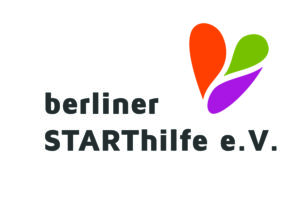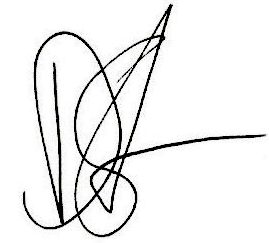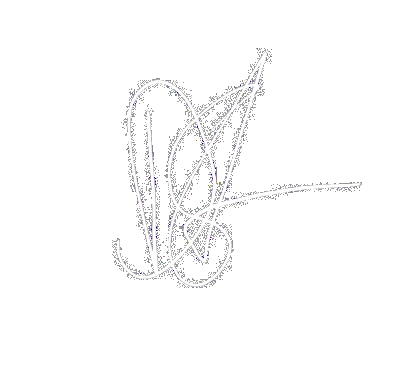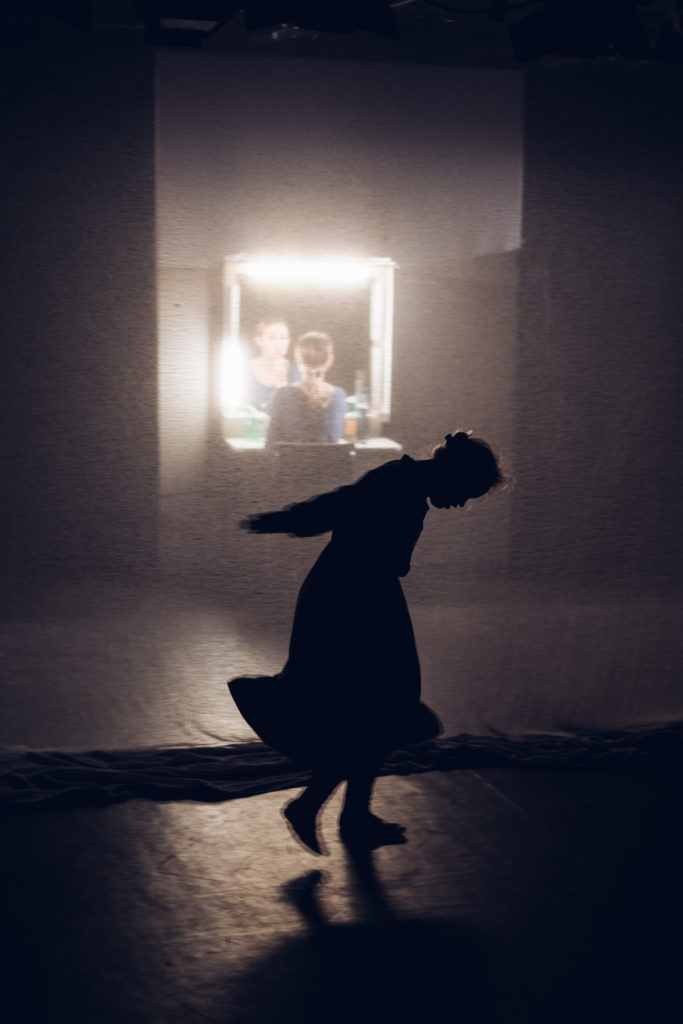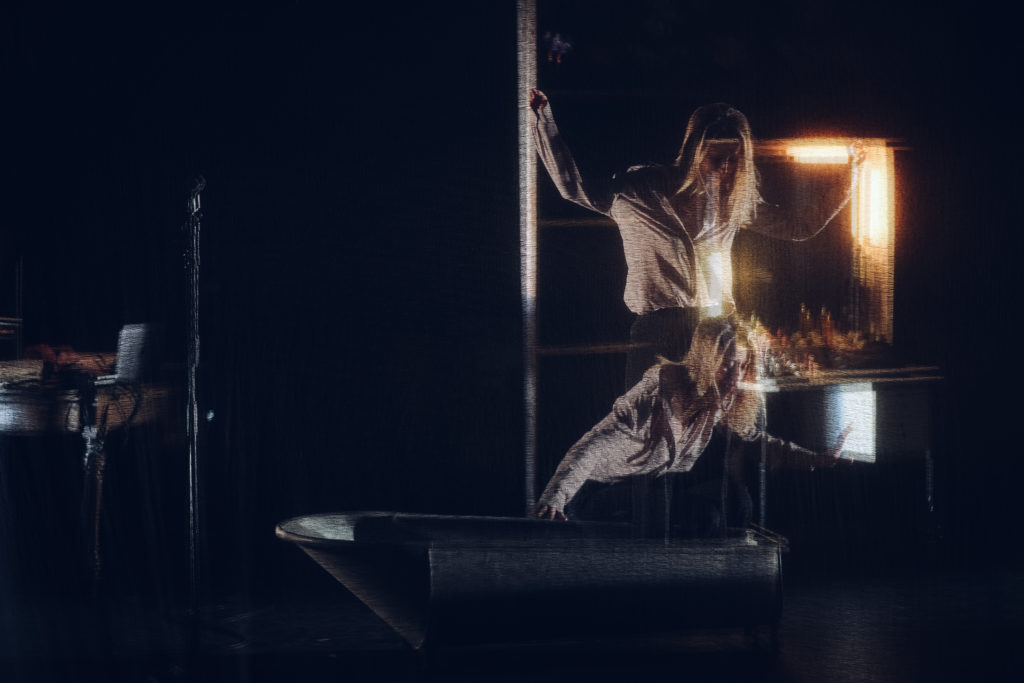T4. Ophelias Garten.
Theater unterm Dach
Berlin
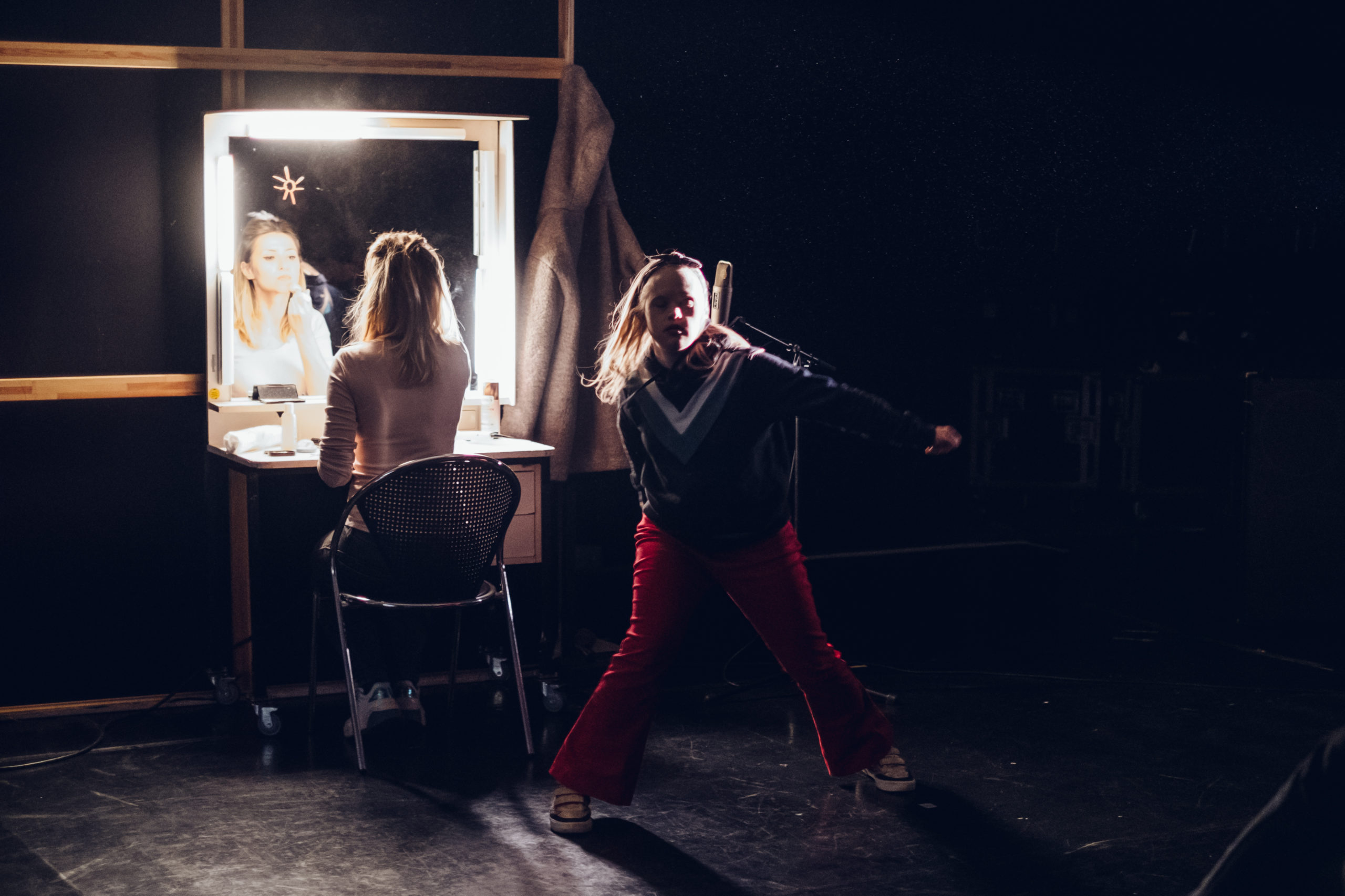
T4. OPHELIAS GARTEN
Pietro Floridia
with English surtitles, simple language(german) and sign language(DGS-german)
»The play challenges emotion and mind« taz
»The production makes the auditorium crackle« der Freitag
“It is undoubtedly an important, powerful performance that emerges in the darkness of apathy and mutual alienation like a bud in the long-destroyed garden of civilization.” Radio Sarajevo
»…with a strong actress duo: Maja Zećo as Gertrud and Neele Buchholz, an actress with Down syndrome, as Ophelia harmonize excellently with each other, there is playfulness between them, toughness and also poetry…«Morgenpost
+++ Awarded at the theater competition “andersartig gedenken on stage”!
T4. OPHELIAS GARTEN is the German premiere of a play by Pietro Floridia that dissects the Nazi murder operation T4. Between azaleas and lilies, Ophelia (Neele Buchholz), with the help of nurse Gertrud (Maja Zećo), tries to escape the headquarters of those bureaucrats and doctors who decided on life and death at Tiergartenstraße 4, Berlin, according to ideological standards of “economic usefulness.” The production by David Stöhr and ensemble thereby addresses the question of how the crime against the mentally ill, the mentally and physically handicapped, and the “racially” and socially undesirable can be portrayed from a position of affectedness.
PANEL on the 28th of october:
Presenting / Mediating. Nazi “Euthanasia” in Film, Theater, Memorials
Between knowledge transfer and artistic representation, the question of how to remember the crimes of the National Socialist perpetrators continues to arise today. Which contents and forms are challenged in a present in which the memories are carried by new generations?
With: Didi Danquart (director) and Christian Marx (memorial Brandenburg an der Havel)
Moderation: Dirk Brauner
Unfortunately, the panels cannot be offered with surtitles in English, simple language and sign language.
Friday, June 2 2023
Medicine for the People’s Body: Perpetrator Perspectives
The core component of Nazi medicine and care was the health of the national body. The individual body was subordinated to so-called “racial hygiene,” which allowed perpetrators to pathologize forms of physical, psychological, and social abnormalities as deficits and thus legitimize negative eugenic measures such as forced sterilization and “euthanasia.” To this day, this deficit-oriented thinking of the perpetrators continues to have an effect and still stands in the way of a critical examination.
with: Prof. Dr. Petra Fuchs und Robert Parzer | moderation: Henning Schmidt
***
Saturday, June 3 2023
Isolation, integration, inclusion, …? The long way to self-determination
The rights of people with disabilities had to be fought for. For a long time they were excluded and then cared for by professional helpers in special institutions. Only the international and national disability movement led to a deinstitutionalization, which enabled self-determination and real participation. The UN Convention on the Rights of Persons with Disabilities granted extensive rights, the realization of which is still ongoing today.
with: Anneliese Mayer und Neele Buchholz | moderation:Henning Schmidt
***
Saturday, February 11, 2023
“Remembering without “us”” will take place.
For a long time, those affected by Nazi “euthanasia” and forced sterilization had no space to bring their interpretation into the public discourse.
The discussion panel will discuss the reasons for this and show ways for an inclusive remembrance.
With: Margret Hamm (Executive Director of the Association of “Euthanasia” Victims and Forced Sterilized) and Christoph Huber (PhD student at the University of Heidelberg).
Moderation: Henning Schmidt (radioeins)
***
Saturday, January 28, 2023,
there was a joint discussion with author Pietro Floridia, translator Kirsten Maria Düsberg and editor Prof. Dr. med. Thomas Müller.
Language: German/Italian
***
T4. OPHELIAS GARTEN
Pietro Floridia
German Translation by Kirsten Maria Düsberg
in a Version by David Stöhr and Dirk Brauner with texts from Christian Geissler and Dirk Brauner







